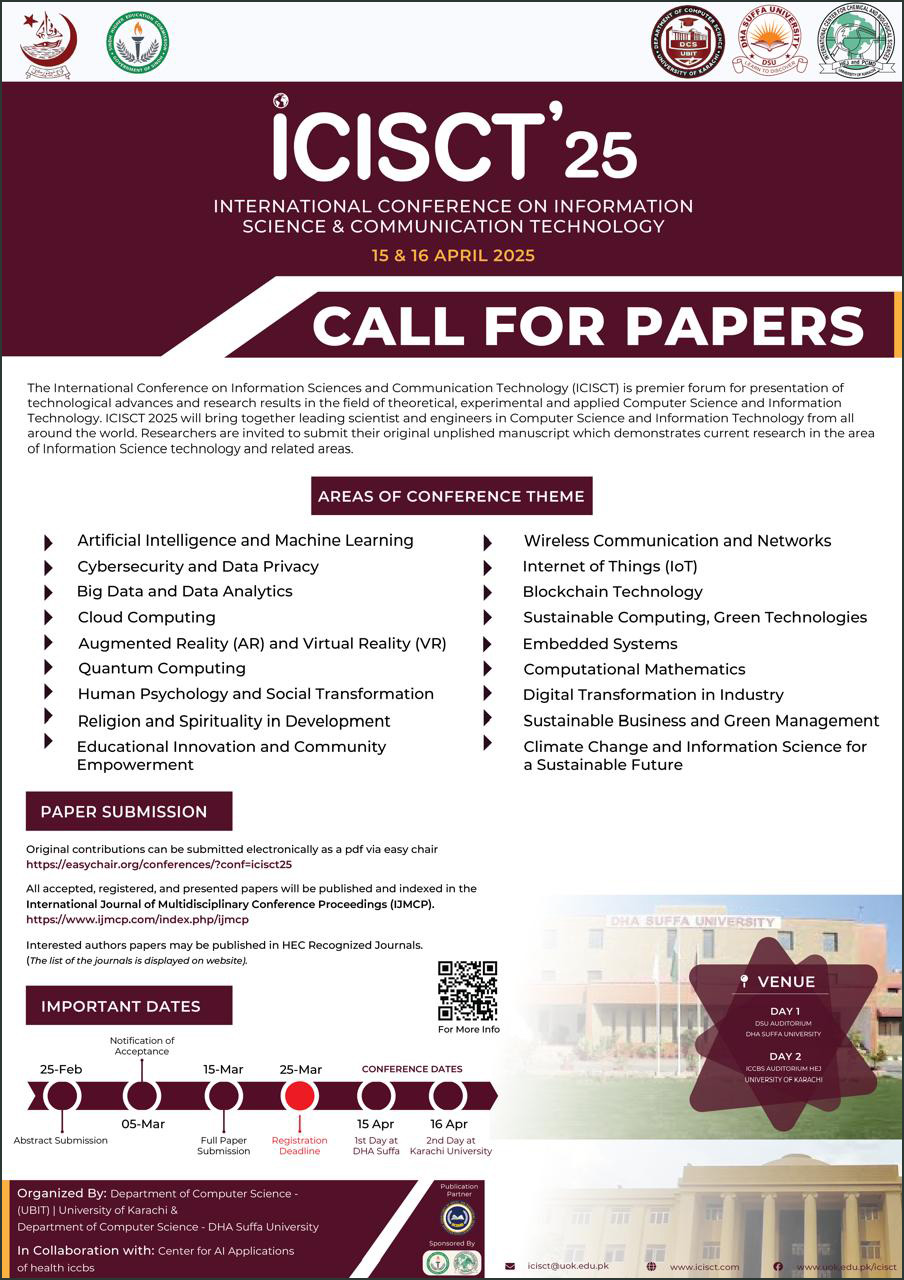Investigating Relationship Between Multiple Intelligences and Learning Styles of Elementary School Students
DOI:
https://doi.org/10.61503/cissmp.v3i2.188Keywords:
Multiple intelligences, Learning styles, VARK, Intrapersonal, musical, bimodalAbstract
The main objective of the study was to investigate the relationship between Multiple Intelligences (MI) and Learning Styles (LS) of the elementary level students in district Multan. Rationale behind the study was to improve the learning environment of the classrooms by providing an insight to the teachers and educationists about LS of students and their preferences about MI. Design of the study was correlational and quantitative in nature. The population of study was students studying at elementary level in district Multan. Multistage sampling techniques were adopted to select a sample of 400 students. Data were collected through two research instruments i.e., a questionnaire named, MIs Profiling Questionnaire to investigate MI of the students and second questionnaire was Modified Version VARK LSs Scale used to identify the type of VARK LS of the students. It was concluded that for the components of MI, overwhelming respondents fell in ' above average' category then ' average' and 'below average' categories. The highest mean dimensions were ‘intrapersonal’ and the lowest by the musical dimension. While investigating learning styles among students it was found that 57.3 % of students preferred the bimodal LS. No significant relationship was found between dimensions of MI and LS. Based on the findings, it is recommended that teachers and educationists tailor their instructional strategies to accommodate the predominant intrapersonal intelligence among students, fostering a more personalized learning environment.
Downloads
Downloads
Published
Issue
Section
License
Copyright (c) 2024 Rabia Mansoor, Syed Nasir Hussain

This work is licensed under a Creative Commons Attribution-NonCommercial 4.0 International License.
Contemporary Issues in Social Sciences and Management Practices (CISSMP) licenses published works under a Creative Commons Attribution-NonCommercial (CC BY-NC) 4.0 license.









